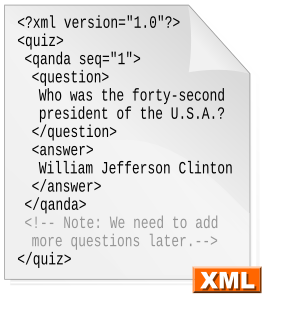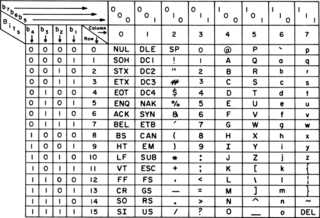The topic of this article may not meet Wikipedia's notability guidelines for products and services .(October 2012) (Learn how and when to remove this template message) |
 | |
| Developer(s) | Ed Heal |
|---|---|
| Stable release | 1.0 / April 28, 2011 |
| Written in | PHP |
| Operating system | Cross-platform |
| Type | Test tool |
| License | GNU General Public License |
| Website | sourceforge |
PHP Unit Testing Framework is a unit testing framework that enables developers to discover bugs and in turn drive down the costs associated with developing PHP software.
In computer programming, unit testing is a software testing method by which individual units of source code, sets of one or more computer program modules together with associated control data, usage procedures, and operating procedures, are tested to determine whether they are fit for use.
In computer programming, a software framework is an abstraction in which software providing generic functionality can be selectively changed by additional user-written code, thus providing application-specific software. A software framework provides a standard way to build and deploy applications. A software framework is a universal, reusable software environment that provides particular functionality as part of a larger software platform to facilitate development of software applications, products and solutions. Software frameworks may include support programs, compilers, code libraries, tool sets, and application programming interfaces (APIs) that bring together all the different components to enable development of a project or system.
PHP: Hypertext Preprocessor is a general-purpose programming language originally designed for web development. It was originally created by Rasmus Lerdorf in 1994; the PHP reference implementation is now produced by The PHP Group. PHP originally stood for Personal Home Page, but it now stands for the recursive initialism PHP: Hypertext Preprocessor.

